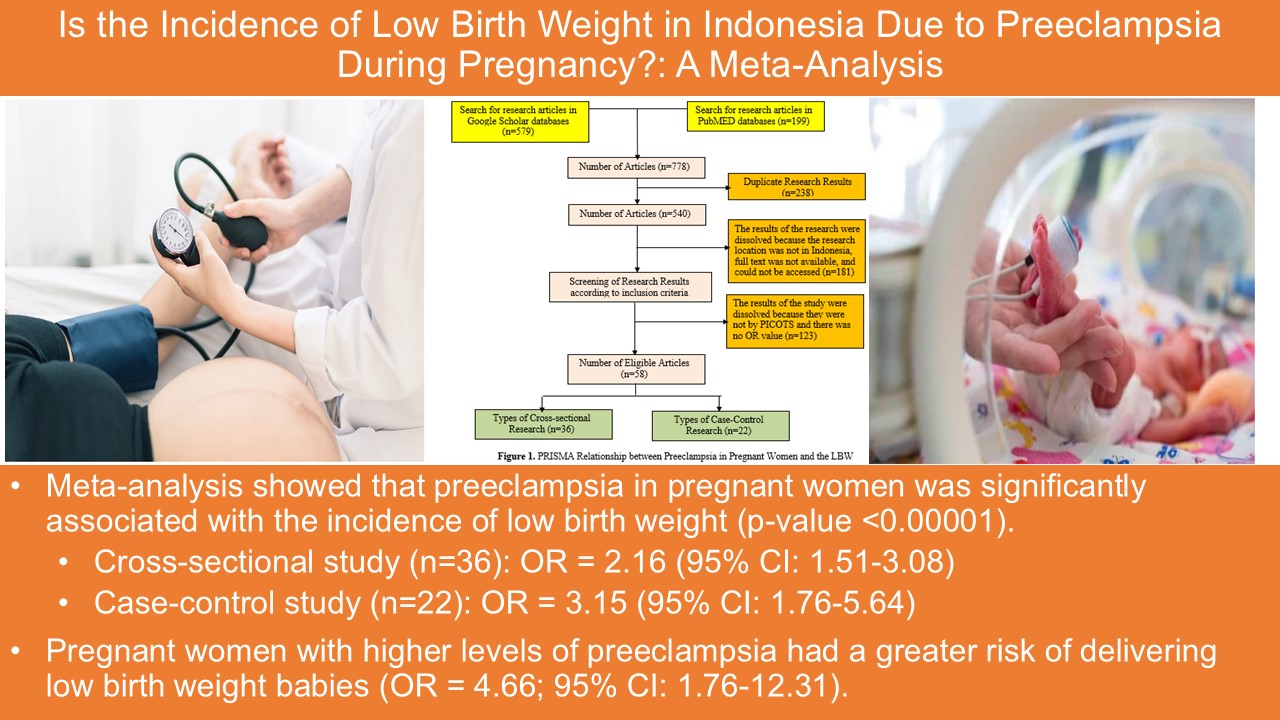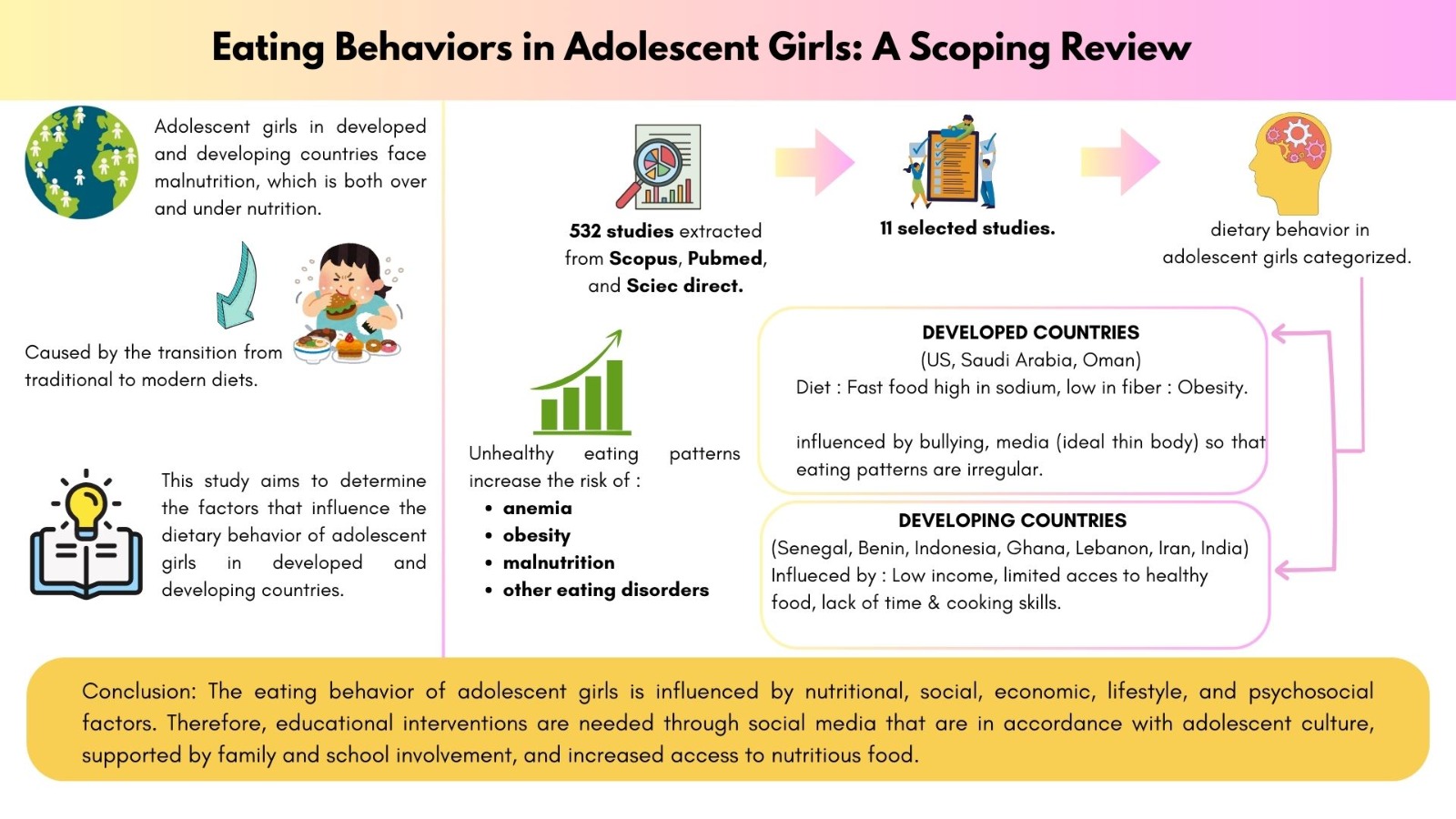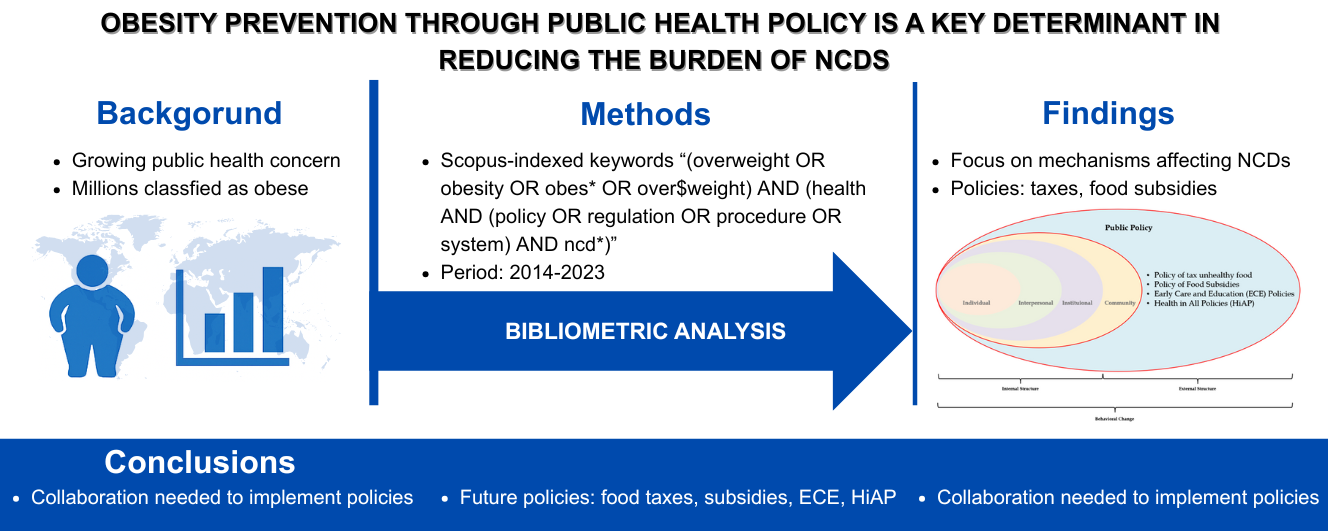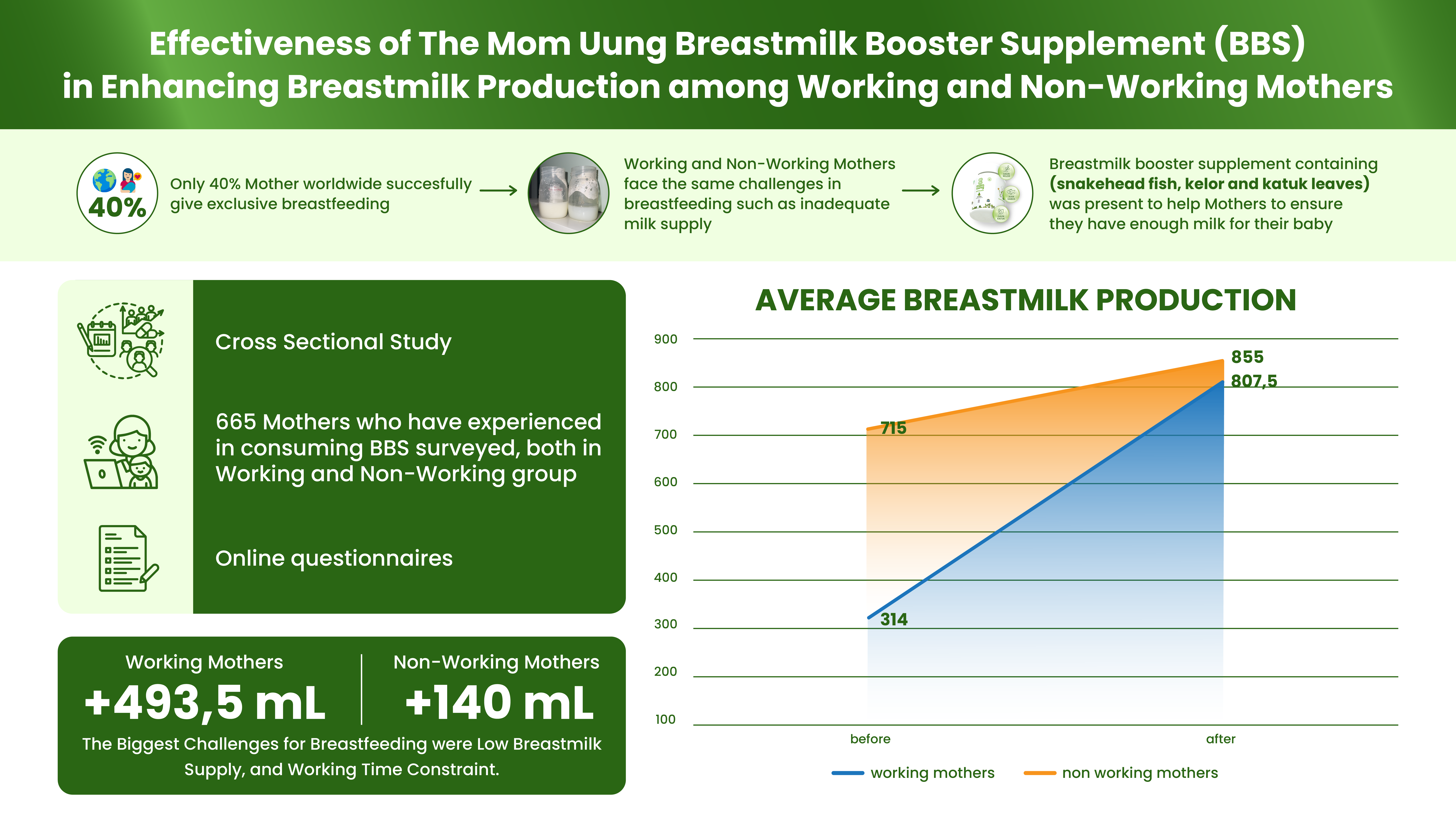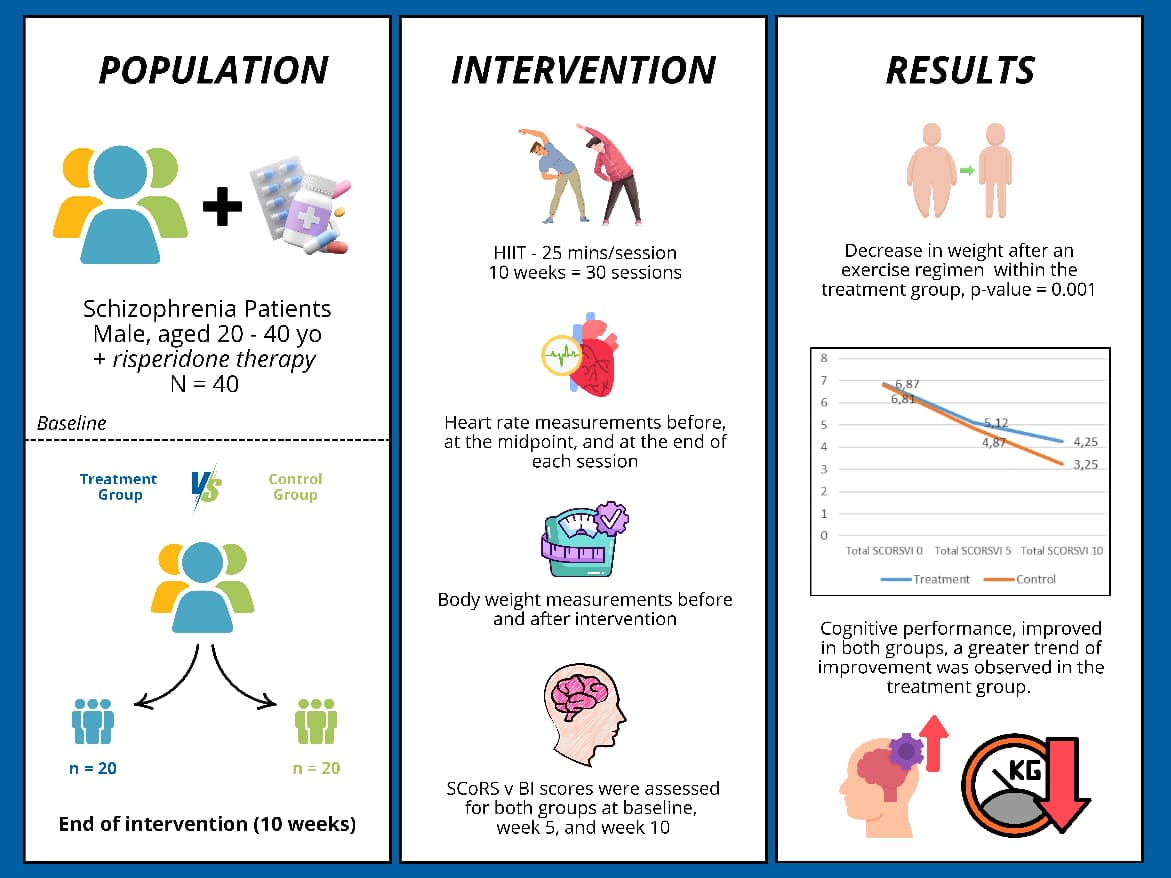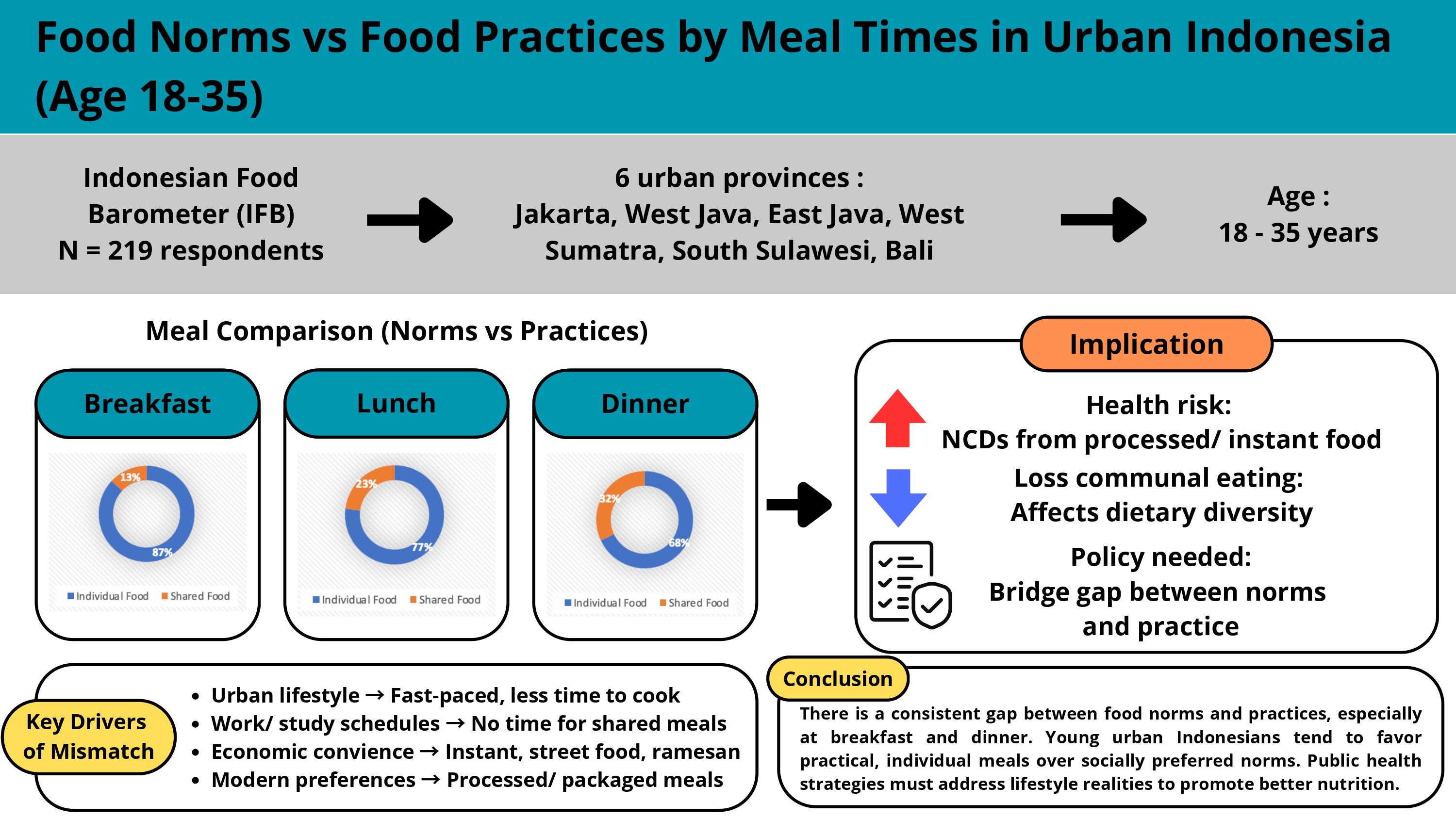EFFECTIVENESS OF PLANT-BASED DIET ON REDUCING THE RISK OF TYPE 2 DIABETES MELLITUS: A LITERATURE REVIEW
Downloads
Prevalence of Type 2 Diabetes Mellitus (T2DM) disease in Indonesia is still classified as high. Dietary pattern is a factor that affects the occurrence of T2DM, hence patients' dietary pattern must be monitored to avoid further health complications. One of the interventions that can be applied is a plant-based diet, with a consumption pattern of plant-food such as fruit, vegetable, nut, and seed. The aim of this literature study is to identify the effectiveness of plant-based diet in patients with T2DM. This study was conducted using literature review method that resulted in six relevant journals within the last ten years from Google Scholar, PubMed/Medline, Science Direct, and Wiley Online Library. The results of this study show that a plant-based diet affects weight loss, body mass index, blood glucose (HbA1C, fructosamine, fasting plasma glucose), and hormones (insulin, GLP-1, PYY, PP, amylin). It proves that plant-based diets have a positive impact on people with T2DM patients.
Abubakari, et al. (2014). Ma-Pi 2 macrobiotic diet intervention during 21 days in adults with type 2 diabetes mellitus, Ghana 2011. Internal Medicine Inside, 2(3), 12–16. https://doi.org/10.7243/2052-6954-2-3.
Alqurashi, K. A., Aljabri, K. S., & Bokhari, S. A. (2011). Prevalence of diabetes mellitus in a Saudi community. Annals of Saudi Medicine, 31(1), 19–23. https://doi.org/10.4103/0256-4947.75773.
Alsulami, et al. (2021). Lower dietary intake of plant protein is associated with genetic risk of diabetes-related traits in urban Asian Indian adults. Nutrients, 13(9), 1–15. https://doi.org/10.3390/nu13093064.
Avianty, S., & Ayustaningwarno, F. (2014). Indeks Glikemik Snack Bar Ubi Jalar Kedelai Hitam sebagai Alternatif Makanan Selingan Penderita Diabetes Melitus Tipe 2. Jurnal Aplikasi Teknologi Pangan, 3(3), 98–102.
Bangalore, S., Fayyad, R., DeMicco, D. A., Colhoun, H. M., & Waters, D. D. (2018). Body weight variability and cardiovascular outcomes in patients with type 2 diabetes mellitus. Circulation: Cardiovascular Quality and Outcomes, 11(11), e004724.
Bowman, S. A. (2020). A vegetarian"style dietary pattern is associated with lower energy, saturated fat, and sodium intakes; and higher whole grains, legumes, nuts, and soy intakes by adults: National health and nutrition examination surveys 2013–2016. Nutrients, 12(9), 2668. https://doi.org/10.3390/nu12092668.
Fauzi, L. (2013). Intensitas Jalan Kaki terhadap Penurunan Kadar Glukosa Darah. Jurnal Kesehatan Masyarakat, 8(2), 106–112. https://doi.org/10.15294/kemas.v8i2.2633.
Johnston, et al. (2014). Comparison of weight loss among named diet programs in overweight and obese adults: A meta-analysis. JAMA - Journal of the American Medical Association, 312(9), 923–933.
Kahleova, et al. (2019). A plant-based meal stimulates incretin and insulin secretion more than an energy-and macronutrient-matched standard meal in type 2 diabetes: A randomized crossover study. Nutrients, 11(3), 486. https://doi.org/10.3390/nu11030486.
Kim, H., Lee, K., Rebholz, C. M., & Kim, J. (2020). Plant-based diets and incident metabolic syndrome: Results from a South Korean prospective cohort study. PLoS medicine, 17(11), e1003371.
Klementova, et al. (2019). A plant-based meal increases gastrointestinal hormones and satiety more than an energy-and macronutrient-matched processed-meat meal in t2d, obese, and healthy men: A three-group randomized crossover study. Nutrients, 11(1), 157–167. https://doi.org/10.3390/nu11010157.
Made, D., Wibawantara, S., Luh, N., Yanti, P. E., Oka, P., & Nurhesti, Y. (2017). Perbedaan Kadar Glukosa Darah Vegetarian dan Nonvegetarian. Jurnal Ners Widya Husada, 4(1), 9–16.
Mahfudzoh, B. S., Yunus, M., & Ratih, S. P. (2019). Hubungan Antara Faktor Risiko Diabetes Melitus yang Dapat Diubah Dengan Kejadian DM Tipe 2 di Puskesmas Janti Kota Malang. Sport Science and Health, 1(1), 59–71.
Nuttall, F. Q. (2015). Body mass index: Obesity, BMI, and health: A critical review. Nutrition Today, 50(7), 117–128. https://doi.org/10.1097/NT.0000000000000092.
Saputri, R. D. (2020). Komplikasi Sistemik Pada Pasien Diabetes Melitus Tipe 2. Jurnal Ilmiah Kesehatan Sandi Husada, 9(1), 230–236. https://doi.org/10.35816/jiskh.v11i1.254.
Satija, A., Malik, V., Rimm, E. B., Sacks, F., Willett, W., & Hu, F. B. (2019). Changes in intake of plant-based diets and weight change: results from 3 prospective cohort studies. The American journal of clinical nutrition, 110(3), 574-582.
Tran, E., Dale, H. F., Jensen, C., & Lied, G. A. (2020). Effects of plant-based diets on weight status: A systematic review. Diabetes, Metabolic Syndrome and Obesity: Targets and Therapy, 13, 3433–3448. https://doi.org/10.2147/DMSO.S272802.
Tuso, P. J., Ismail, M. H., Ha, B. P., & Bartolotto, C. (2013). Nutritional update for physicians: plant-based diets. The Permanente Journal, 17(2), 61–66. https://doi.org/10.7812/TPP/12-085.
Winarsi, H., Ramadhan, G. R., & Khoiriani, I. N. (2021). Transfer Teknologi Yogurt Nabati Berbasis Kacang Hijau (Vigna radiata). Jurnal of Community Health Development, 2(2), 63–71.
Wright, N., Wilson, L., Smith, M., Duncan, B., & McHugh, P. (2017). The BROAD study: A randomised controlled trial using a whole food plant-based diet in the community for obesity, ischaemic heart disease or diabetes. Nutrition and Diabetes, 7(3), e256–e256. https://doi.org/10.1038/nutd.2017.3.
Yang, et al. (2021). Association of plant-based diet and type 2 diabetes mellitus in Chinese rural adults: The Henan Rural Cohort Study. Journal of Diabetes Investigation, 12(9), 1569–1576. https://doi.org/10.1111/jdi.13522.
Yosmar, R., Almasdy, D., & Rahma, F. (2018). Survei Risiko Penyakit Diabetes Melitus Terhadap Masyarakat Kota Padang. Jurnal Sains Farmasi & Klinis, 5(2), 134–141. https://doi.org/10.25077/jsfk.5.2.134-141.2018.
Copyright (c) 2022 Media Gizi Indonesia

This work is licensed under a Creative Commons Attribution-NonCommercial-ShareAlike 4.0 International License.
- MEDIA GIZI INDONESIA Journal is the copyright owner of all materials published on this website.
- The formal legal provisions for access to digital articles of this electronic journal are subject to the terms of the Creative Commons Attribution-NonCommercial-ShareAlike license (CC BY-NC-SA 4.0), which means that MEDIA GIZI INDONESIA Journal and readers reserve the right to save, transmit media / format, manage in database, maintain, and publish articles as long as it continues to include the name of the Author.
- Printed and published print and electronic manuscripts are open access for educational, research and library purposes. In addition to these objectives, the editorial board shall not be liable for violations of copyright law.


2.png)















